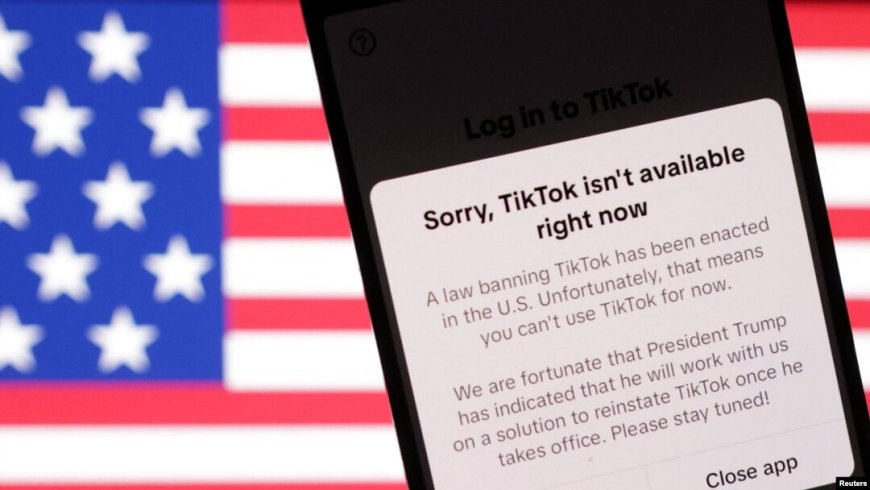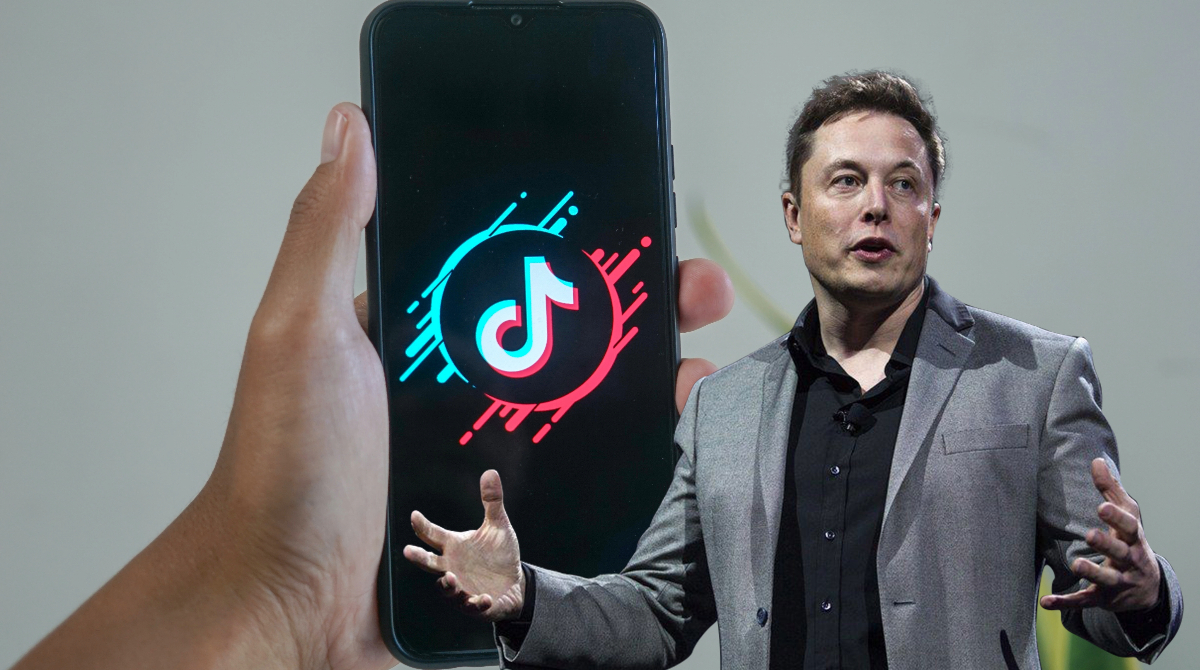TikTok's ban won't protect Americans from China, according to Trump. He might be right
Trump reiterates concerns over TikTok, citing national security risks and potential Chinese surveillance. His 2020 executive order sought to ban the app over data privacy threats, a stance echoed by bipartisan lawmakers. Federal agencies have since restricted TikTok use, and a Supreme Court-backed law now mandates ByteDance to divest or face a ban.

Former U.S. President Donald Trump has reignited discussions on the security concerns surrounding TikTok, questioning whether China’s government is using the platform for espionage. Speaking on Wednesday, Trump remarked, "Is it that important for China to be spying on young people? On young children viewing bizarre videos?"
The statement comes as a surprise given Trump’s previous efforts to ban TikTok in the United States during his presidency. In a 2020 executive order, he argued that the Chinese-owned app could be exploited by the Chinese Communist Party (CCP) for intelligence gathering. The order claimed that TikTok’s data collection methods could allow China to "track the locations of Federal employees and contractors, build dossiers of personal information for blackmail, and conduct corporate espionage."
While Trump’s initial attempt to ban TikTok was legally challenged and ultimately unsuccessful, his concerns have since been echoed by lawmakers across the political spectrum. Federal agencies and the U.S. military have prohibited employees from using the app on government-issued devices, citing potential national security threats.
In response to bipartisan concerns, Congress passed legislation last year mandating that ByteDance, TikTok’s parent company, divest from its U.S. operations or face a nationwide ban. The Supreme Court upheld the law on national security grounds, solidifying the government’s stance on reducing Chinese influence over American user data.
Trump’s latest remarks, although brief, highlight a lingering debate over data security and foreign influence. Critics argue that TikTok's vast trove of user data—ranging from location tracking to behavioral analytics—could be accessed by the Chinese government under China's national security laws, which compel companies to cooperate with intelligence requests.
Despite these concerns, TikTok has consistently denied allegations of espionage, asserting that its data is stored outside of China and that it operates independently of the Chinese government. The company has also implemented Project Texas, an initiative aimed at transferring U.S. user data to American servers managed by Oracle to alleviate security fears.
Meanwhile, TikTok remains immensely popular among American users, with over 150 million active users in the United States alone. The app’s cultural impact, particularly among younger demographics, has made it a key battleground in discussions about tech regulation, free speech, and digital sovereignty.
While Trump’s comment may have been simplistic, the underlying concerns remain highly relevant as the U.S. government continues to evaluate potential risks posed by foreign-owned technology platforms. Whether ByteDance will be forced to divest TikTok’s U.S. operations or find another solution remains to be seen, but the debate over national security and digital privacy is far from over.
What's Your Reaction?












/https://tf-cmsv2-smithsonianmag-media.s3.amazonaws.com/filer_public/54/66/546650fa-26a4-40fd-8d6d-5a7a04540f81/rosetta2.png)
:max_bytes(150000):strip_icc():focal(999x0:1001x2)/robert-prevost-050825-1-39395418ab494da5a3a700c9478e66c8.jpg)















































format(webp))
format(webp))


























